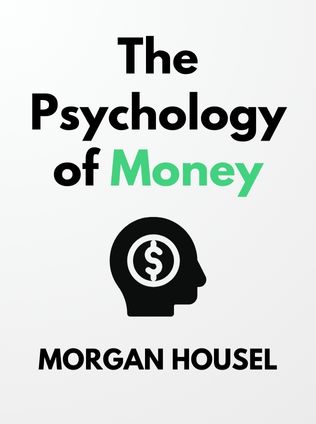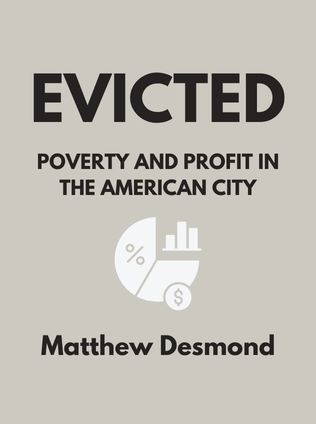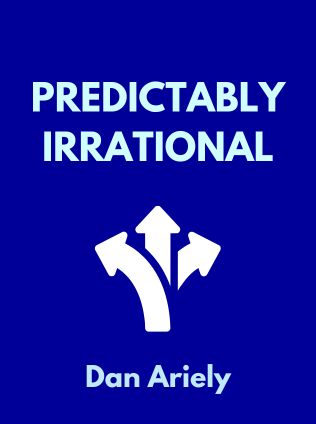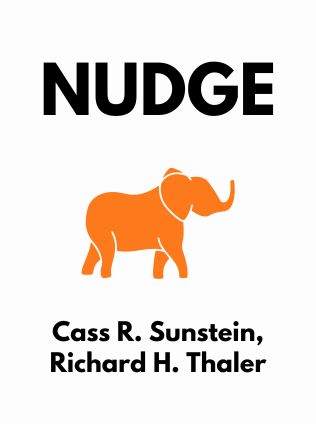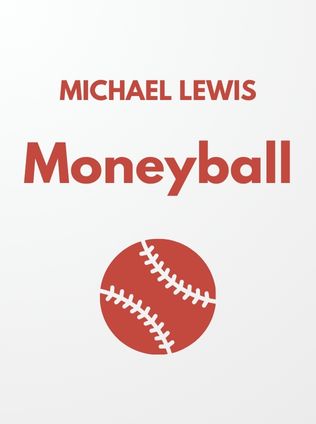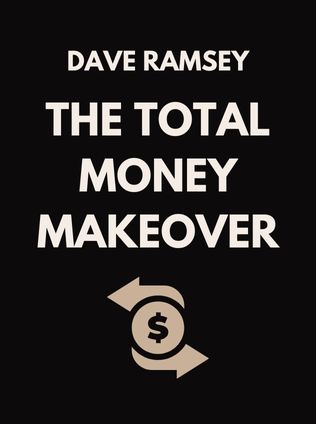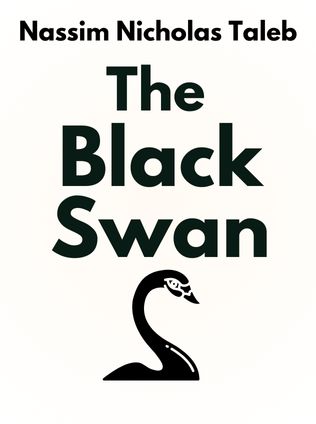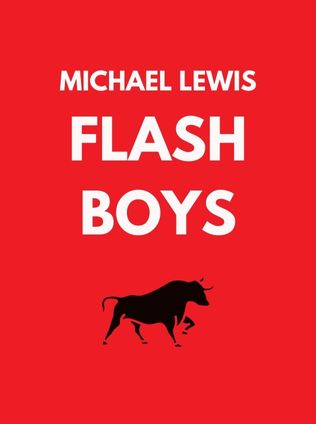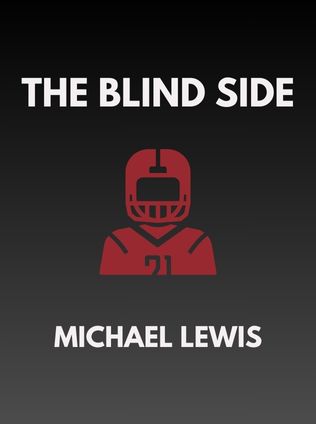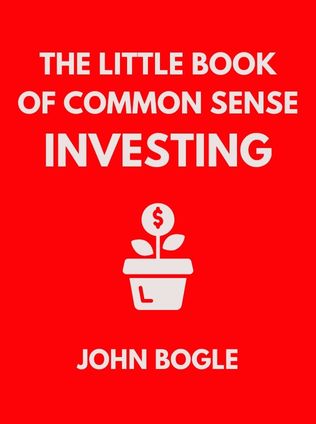
The Little Book of Common Sense Investing
The Only Way to Guarantee Your Fair Share of Stock Market Returns
By John Bogle
Published 10/2017
About the Author: John C. Bogle
John C. Bogle, the founder of the Vanguard Group, is a luminary in the world of investing. He established Vanguard in 1974 and served as its chairman and CEO until 1996, continuing as senior chairman until 2000. Bogle is celebrated for pioneering the first index mutual fund, fundamentally altering the landscape of investment management. His philosophy emphasizes simplicity and cost-efficiency, advocating for the common investor's access to fair returns. Bogle's insights are rooted in decades of experience and a deep understanding of market dynamics, making his contributions to finance both profound and enduring.
Main Idea
"The Little Book of Common Sense Investing" by John C. Bogle advocates for a straightforward investment strategy centered around low-cost index funds. Bogle's thesis is clear: the most effective way to secure fair returns in the stock market is to invest in a diversified portfolio of stocks and hold them long-term. He challenges the conventional wisdom of active trading and market speculation, arguing that these practices often lead to lower returns due to the costs and inefficiencies they incur. Bogle's approach is grounded in "common sense," urging investors to embrace the simplicity and reliability of index funds.
Table of Contents
- The Investment Game
- The Gotrocks Family
- Rational Exuberance
- Cast Your Lot with Business
- How Most Investors Turn a Winner's Game into a Loser's Game
- The Grand Illusion
- Taxes Are Costs, Too
- When the Good Times No Longer Roll
- Selecting Past Winners
- Seeking Advice to Select Funds?
- Focus on the Lowest-Cost Funds
- Bond Funds and Money Market Funds
- Index Funds That Promise to Beat the Market
- The Exchange Traded Fund
- The Relentless Rules of Humble Arithmetic
- What Should I Do Now?
- Common Sense Realities
The Investment Game
Investing, according to Bogle, is fundamentally about owning a broad selection of stocks and holding them for the long term. He likens the market to a game where "for every winner, there must be a loser." The best strategy, therefore, is not to try to outsmart the market but to ensure you are invested in a way that captures the market's overall returns. This approach minimizes risks associated with individual stocks and sectors and focuses on "business reality" rather than market speculation.
The Gotrocks Family
Bogle uses the parable of the Gotrocks family to illustrate the pitfalls of active investing. The family, owning all the stocks in the market, initially benefits equally from the market's growth. However, when they start engaging with "Helpers" (financial advisors, brokers), they incur costs that erode their returns. Bogle's message is clear: "All that money you've paid to those Helpers and all those unnecessary extra taxes you're paying come directly out of our family's total earnings and dividends." This parable highlights the hidden costs of active trading and the advantage of a passive, index-based strategy.
Sign up for FREE and get access to 1,400+ books summaries.
You May Also Like
Rich Dad Poor Dad
What the Rich Teach Their Kids About Money - That the Poor and Middle Class Do Not!
By Robert T. KiyosakiFreakonomics
A Rogue Economist Explores the Hidden Side of Everything
By Steven D. Levitt and Stephen J. DubnerFactfulness
Ten Reasons We're Wrong About the World – and Why Things Are Better Than You Think
By Hans RoslingPrisoners of Geography
Ten Maps That Tell You Everything You Need to Know About Global Politics
By Tim MarshallNudge
Improving Decisions About Health, Wealth, and Happiness
By Cass R. Sunstein, Richard H. Thaler




